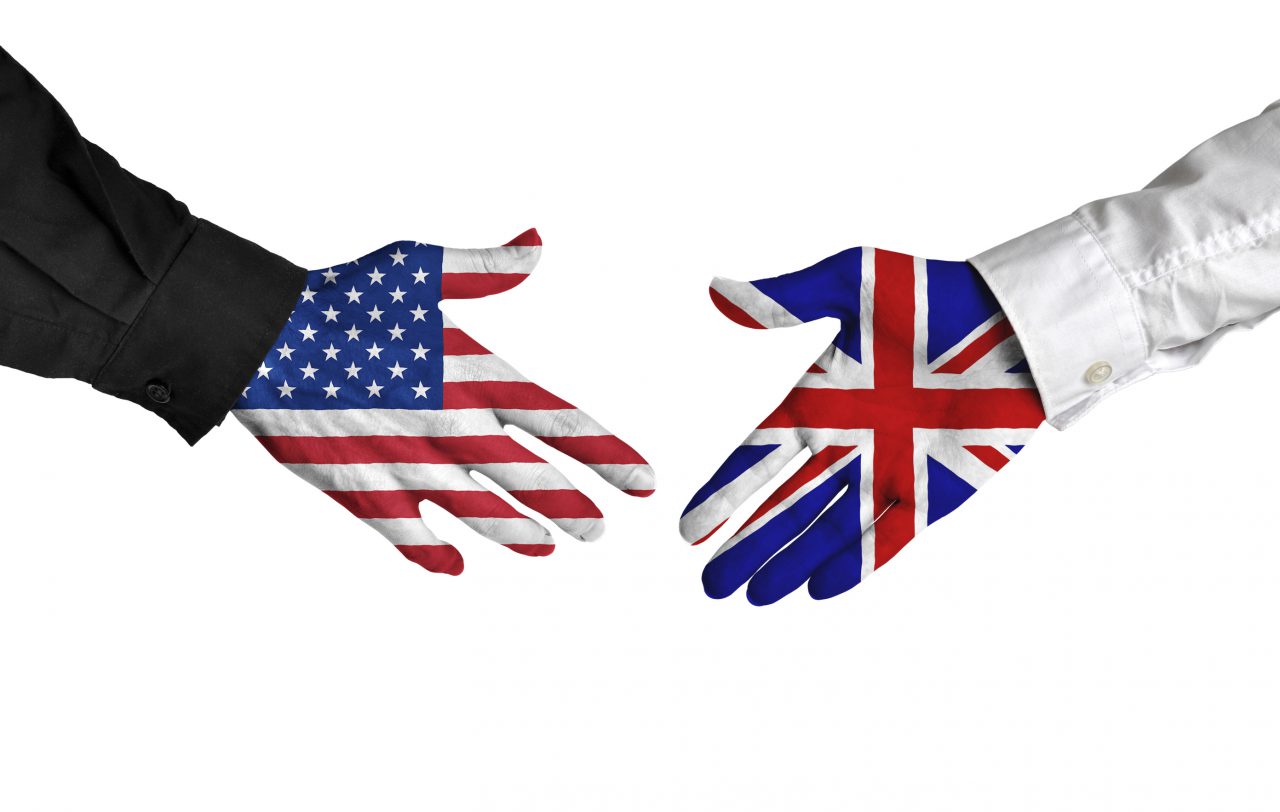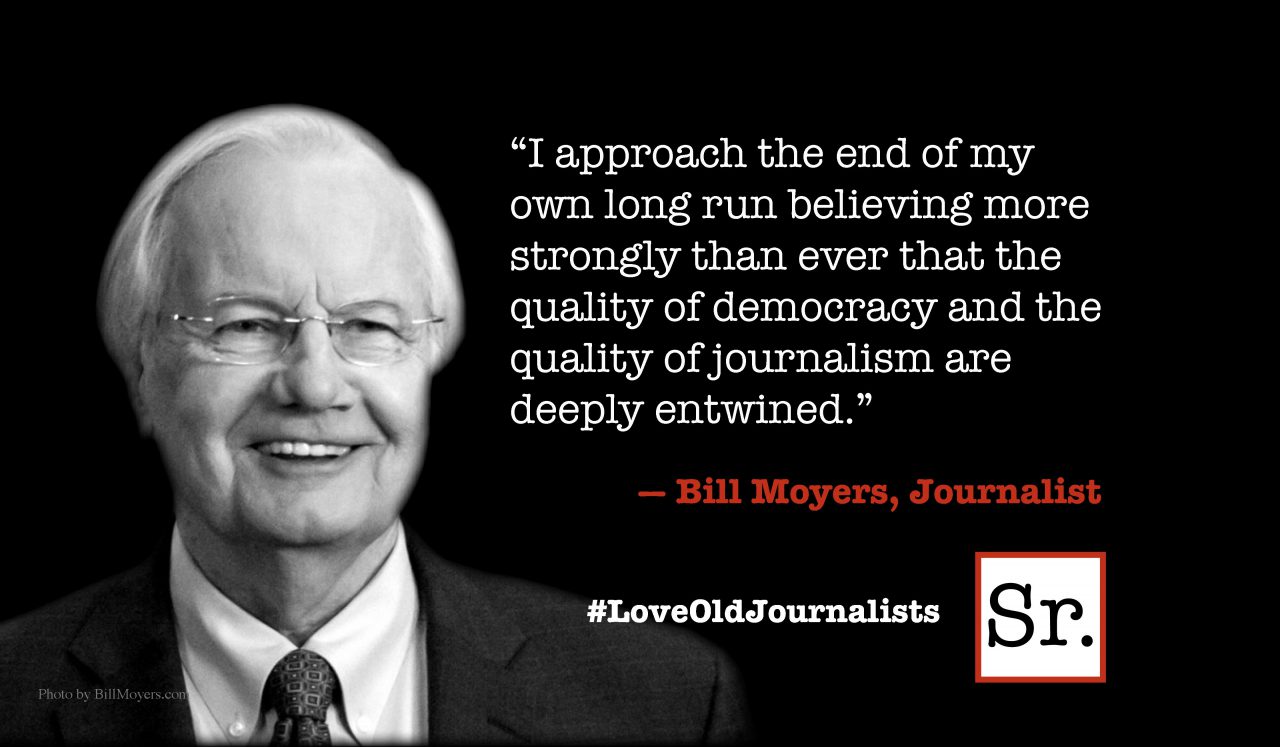Populism is a political position that holds that the virtuous citizens are being mistreated by a small circle of elites, who can be overthrown if the people recognize the danger and work together. The elites are depicted as trampling in illegitimate fashion upon the rights, values, and voice of the legitimate people.
The Princeton definition of populism is as good as any. It makes populist politicians seem heroic, and some are. But for every William Jennings Bryan in U.S. history there have been ten Huey Longs. For every Bernie Sanders there have been too many George Wallaces.
And don’t get me started on historic populists like Mussolini, who looks a lot like Donald Trump shorn of his unruly weave. The Donald hardly discourages the resemblance when he frowns, folds his arms, and struts across the stage.
This week, at home and abroad, populist sentiments have been exposed for what they too often are: xenophobia and racism.
In the U.S., so-called populists cheered the Supreme Court 4-4 vote that let stand a lower court ruling that President Obama’s executive intervention to protect undocumented residents was unconstitutional. And in the mother country, Brits voted to withdraw from the European Union, in part because many hoped to stem the flow of immigrants onto their shores.
Two highly visible populist leaders – the coiffure twins Donald Trump of the U.S. and Boris Johnson of the U.K. – proclaimed each event a victory for virtuous citizens over the elite. But it would be hard to make a case that either the Supreme Court impasse or BREXIT was a victory for the good guys. It seems clearer they were a victory of oppressive majorities who fear “the others” – anyone not like them.
In the U.S., white chauvinism has reached new heights. Racist opposition to an African American president has been piously disguised in Congress as politics as usual, and Republicans in a gerrymander-guaranteed majority know they have the support of voters who are uncomfortable with immigrants, Muslims, persons living in poverty, persons of color, and – especially – undocumented residents.
That sounds like populism turned upside down. A small circle of elites is coalescing to keep innocent and often productive residents out of their backyards.
If you don’t understand why the U.S. Supreme Court non-decision was a calamity for millions living in the U.S., you may be part of that elite circle. Jorge Ramos, Univision’s newscaster and moral voice, used a Facebook video to explain it.
“It’s a real tragedy for many families.” He said. “They don’t see the politics. Tonight parents will be having that talk with their kids … ‘I might be deported.’ They were waiting for this day to tell them ‘tomorrow when I go to work you can be sure I’ll be back.’ But tomorrow when they go to work they won’t be able to say that.”
Ramos didn’t have to remind his Latino listeners that U.S. Immigration and Customs Enforcement (ICE) officials have rounded up and deported thousands of undocumented residents of the U.S. There are hundreds of stories of children born in the U.S. who came home after school and found their undocumented parents missing. This cruel and arbitrary separation of families is one of the travesties President Obama was trying to prevent when he issued orders to protect hard-working, law-abiding immigrants and to protect them with a legal process for to achieve permanent residence status and citizenship. For many that’s a moral issue that transcends the political question of how far the president’s authority extends.
The President issued his orders because the Republican majority in Congress preferred to keep 11-million residents of the U.S. living in excruciating limbo. And some Republicans, including the party’s presumed standard-bearer, think that, ideally, the 11-million should be swept up in an unprecedented pogrom and expelled.
These Republicans are gambling that immigration is not the greatest concern of Latino voters, and that most Latinos are more interested in wages and jobs. But Ramos, with ominous gentleness, warns Republicans they are wrong.
“If you say I’m going to give you jobs but I’m going to deport your mother and your father and your neighbor and your friends,” Ramos says on Facebook, “it’s going to be a little difficult to get the Latino vote.”
Meanwhile, back in the Motherland, the national and international repercussions to BREXIT have been worse than expected. One Scot, calling Brian Lehrer’s radio program on WNYC in New York Friday, declared the vote to be “Britain’s greatest foreign policy blunder since Munich.”
The crux of the matter can be found in the same populist trends that are dominating the United States: xenophobia and racism.
For Americans who weren’t carefully following the BREXIT debate before last Thursday, the BBC has compiled a helpful primer listing eight reasons “leave” attracted more votes than “remain.”
To no one’s surprise, the BBC said the debate got bogged down in the public irritation with experts who said economy would tank if Britain exited, boredom with the lackluster Labour Party and its advocacy of “remain,” disenchantment with Tory Prime Minister David Cameron and his pleas to stay in the Union, and the nostalgia of millions of older voters for England’s finest hours, which they somehow believe had been accomplished without European help.
Too, the enthusiastic support for “leave” by former London Mayor Boris Johnson “put rocket boosters on the campaign,” the BBC said. Johnson is presumed to be a leading candidate for Prime Minister in the wake of Cameron’s announced resignation. But a big reason“leave” won was the immigration issue raised by the U.K. Independence Party.
The BBC reported: “The issue fed into wider questions of national and cultural identity, which suited Leave’s message – particularly to lower income voters.
“The result suggested that concerns about levels of migration into the U.K. over the past 10 years, their impact on society, and what might happen in the next 20 years were more widely felt and ran even deeper than people had suspected,” said the BBC.
Simply put, voters supported Britain’s exit from the Union because they believed the U.K. could not control the number of immigrants the European Union was forcing into their country. By the time the votes were counted, BREXIT had become another populist irony in which the elite and fearful banned together for protection against the weak and vulnerable.
Needless to say, most churches and religious institutions urge governments and their constituents to reconnect with God’s commandment to love one’s neighbors and treat all of them – regardless of religion, race, class, or national background – as we ourselves want to be treated. Jesus, Hillel, Mohammed, Buddha and other religious leaders proclaimed that as the greatest commandment. Roman Catholics, Protestants, Jews, Muslims, Buddhists and many other faith groups advocate immigration reform.
One would think this Godly commitment to the weak and downtrodden would form the very heart of populism in our greedy and perilous world. Instead, it is the populists themselves who believe their self-interests must be defended, no matter how perilous they make life for the weak.
As the U.S. and the U.K. prepare for their next elections, one can only hope that a more traditional populism will emerge – a populism in which the people will remember that best interests lie in throwing open their doors to all persons, no matter where they are from or what kind of papers they are carrying.
And perhaps it’s also worth remembering that this kind of populism is not the exclusive property of Republicans or Democrats, or Labour and Tories. Nearly seventy-five years ago, the leading populist in the world was a Presbyterian Republican named – don’t laugh – John Foster Dulles.
When the U.S. entered World War II, Dulles chaired the U.S. Federal Council of Churches Commission for a Just and Durable Peace to identify ways of preventing future wars. The commission was so radical in its scope that even the liberal New York Times condemned it.
Dulles and his fellow commissioners recommended the formation of a United Nations, international control of all armies and navies, a universal system of money to prevent inflation and deflation, and a democratically controlled international bank.
Most surprising, the commission called for “worldwide freedom of immigration.”
Of course the commission’s recommendations were ignored and Dulles spent his remaining years atoning for his radical phase by serving as President Eisenhower’s saber-rattling secretary of state.
But it’s diverting to imagine how life would be different now if the world had listened to Dulles and his colleagues. Too much has happened in world history for it to make sense to restudy the commission’s program for a just and durable peace to see if any part of it might still work.
But I hope politicians in the U.S., U.K., and elsewhere will not reject out of hand the benevolent spirit of the commission’s radical proposals, especially its call for worldwide freedom of immigration.
It’s ironic and even a little sad that guys like Donald Trump and Boris Johnson are claiming populist credibility by leading their minions to deny liberty and freedom of movement to immigrants and others who need freedom the most.
But it’s amusing, if not a little bizarre, that J. Foster “Brinksmanship” Dulles may also be remembered as a pinstripe populist long after The Donald and The Boris are forgotten .
The moral of the story, perhaps, is that there’s a lot to snicker at in wanna-be populism.
But at least Foster Dulles, with his Presbyterian humorlessness, scowls, and frowns, understood populism was about treating his neighbors with compassion and justice no matter who they are or where they are from.
Unfortunately, today’s so-called populists are still a long way from that revelation. May the scales fall from their eyes before they tear our nations apart.









